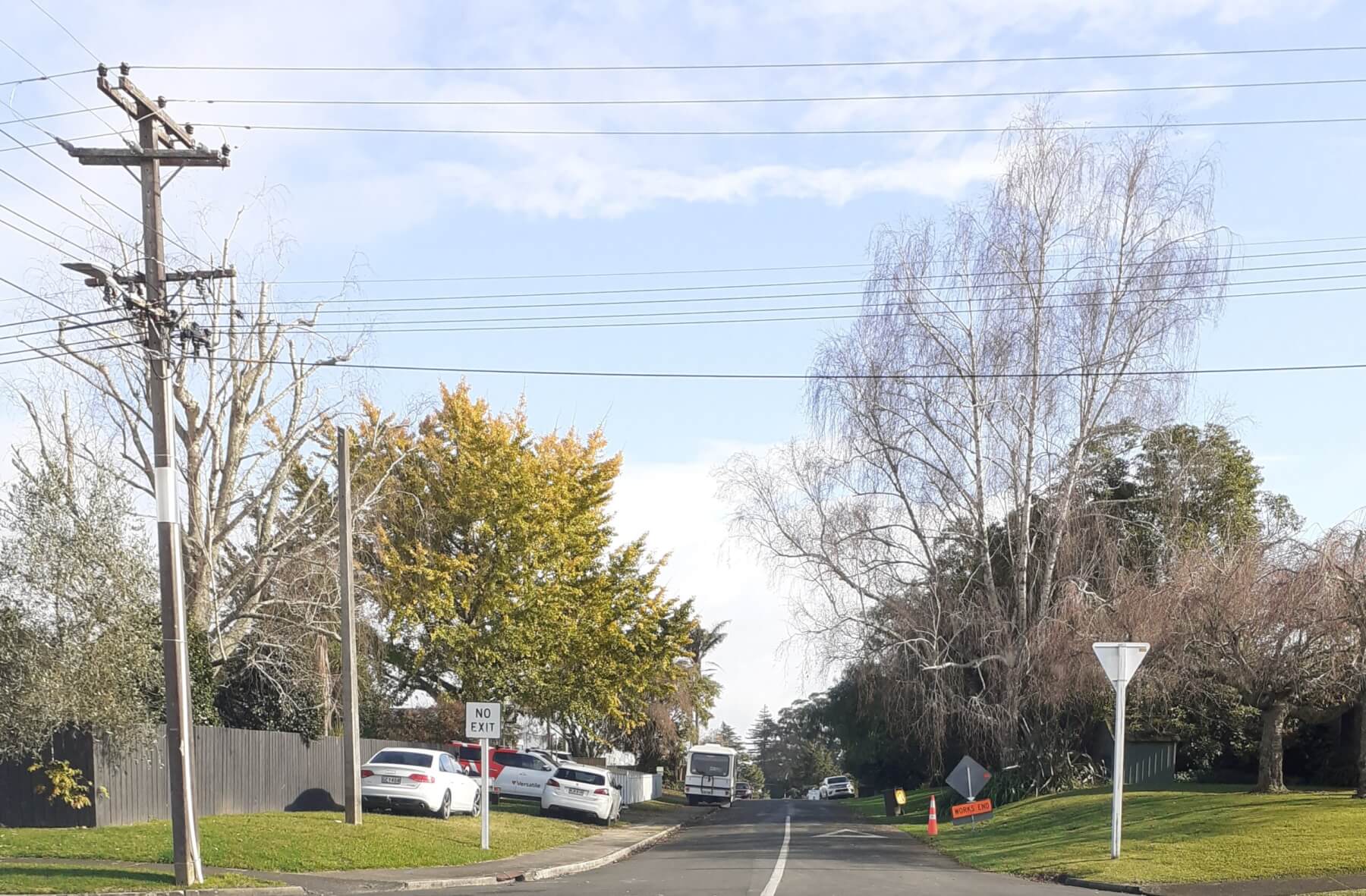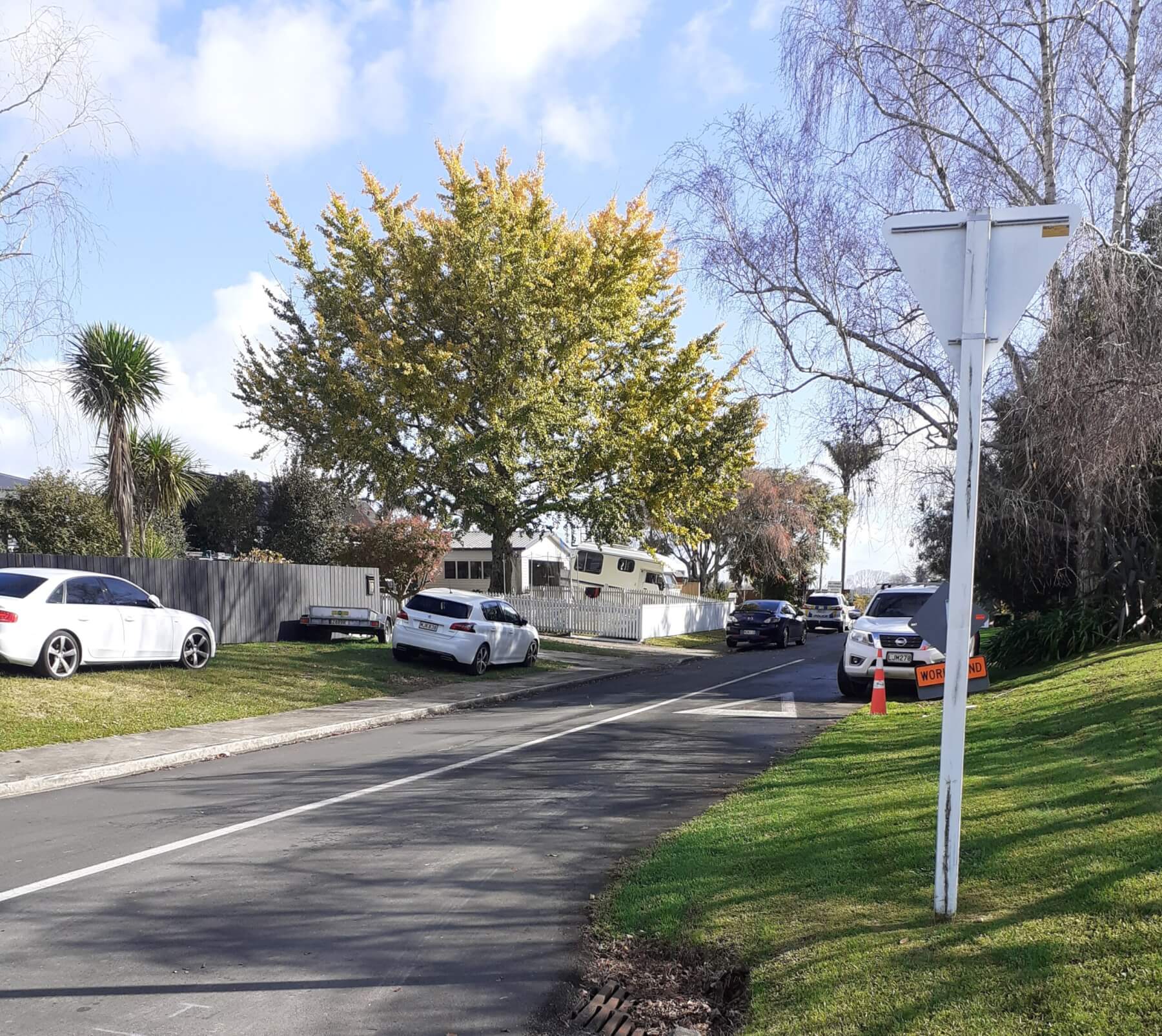Parking on berms in Waipā will be prohibited under an updated bylaw presented to the council’s Strategic Planning and Policy committee this week.
The practice has become commonplace throughout the district and gone unchecked.
The new Public Places Bylaw, which has been rewritten rather than reissued with amendments because of the number of changes made to it, has picked up on it.
New definitions also now appear for mobile trading, trading activity, wheeled recreational devices and shared paths.
Use of one metre x one metre sandwich boards has been clarified while loading zones can now apply for the loading of passengers as well as goods.
The council will have the power to designate emergency vehicle parks in locations other than near emergency services premises and cycle paths for use by cyclists but not pedestrians.
Other changes include banning vehicle U-turns in designated areas, clarifying anti-social driving and restrictions applied to the Victoria ‘High Level” Bridge in Cambridge.
Clause five in the updated bylaw has 11 sections related to no parking or stopping of vehicles. It is the 11th section which addresses parking on any lawn, berm, garden or other cultivation, footpath, median strip or traffic island adjacent to, or forming part of any urban road.
The only exceptions are where is has been designed and laid out, with prior council approval or by an authorised officer in the course of duty.
The current bylaw has been in place since October 2018. Recent consultation with the Chambers of Commerce in Cambridge and Te Awamutu encouraged the council to make changes to the parts of the policy that affect businesses using signs on footpaths and streets.
The new rules limit sandwich boards to one for each business unless a permit has been issued. The change allows businesses to advertise but prevents streets becoming too cluttered.
The bylaw is out for consultation on Friday June 16 and feedback will be taken up to July 16.











